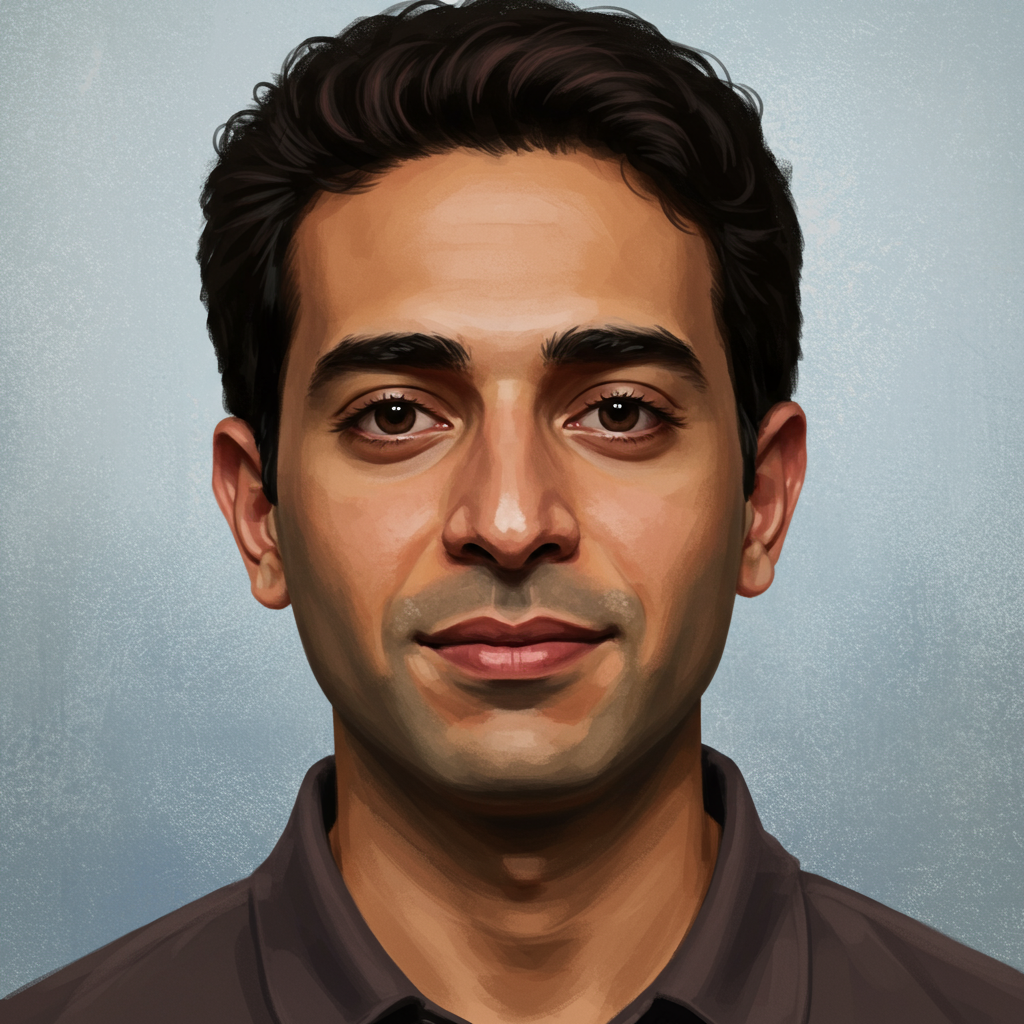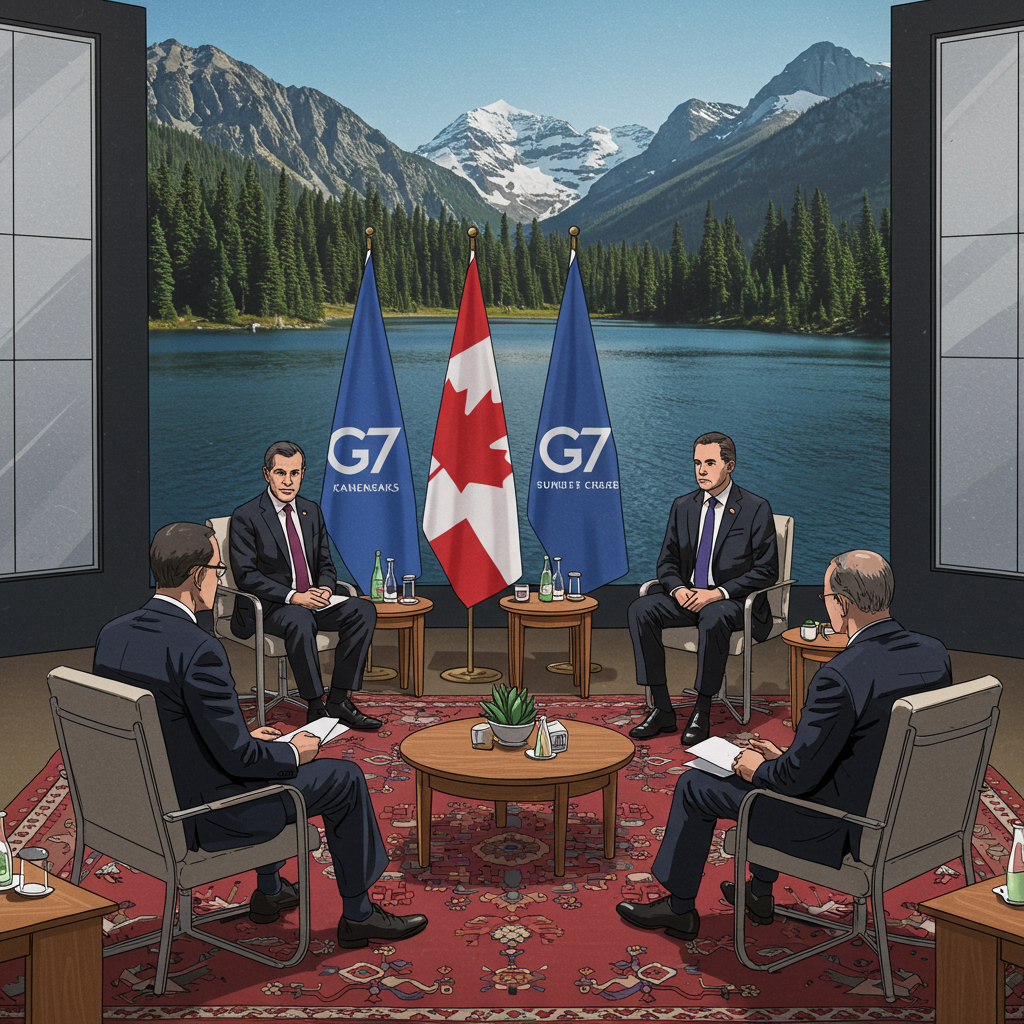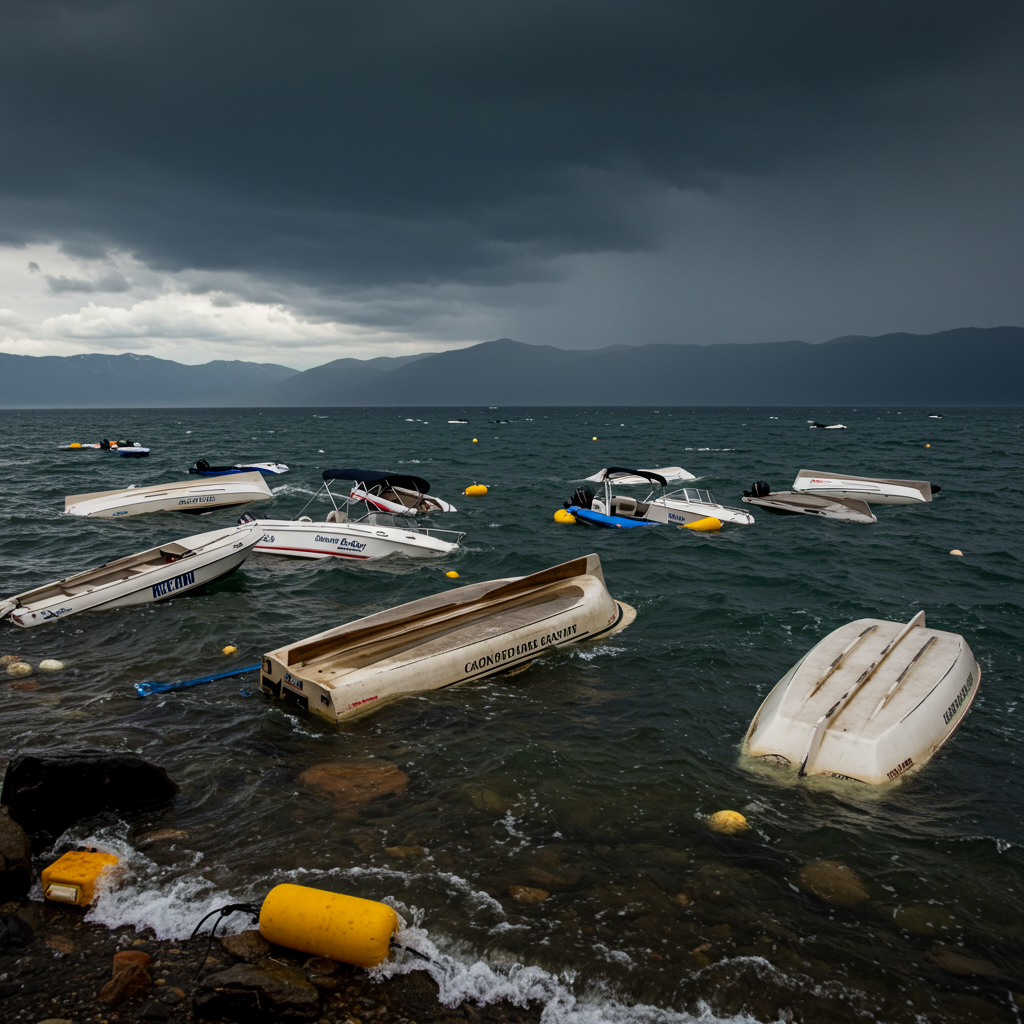Columbia University Activist Mahmoud Khalil Ordered Released from ICE Detention
A federal judge has ordered the release on bail of Mahmoud Khalil, a Columbia University graduate and prominent pro-Palestinian activist. The decision comes after Khalil spent more than three months in U.S. Immigration and Customs Enforcement (ICE) custody following his arrest in New York City on March 8.
Khalil’s detention drew national attention, becoming a focal point in discussions surrounding the Trump administration’s response to campus activism and its potential targeting of foreign students. A legal permanent resident with a green card, married to a U.S. citizen, and holding no criminal record, Khalil’s case has been seen as a test of the executive branch’s authority in using immigration enforcement against individuals based on their political speech.
The Legal Battle Over Detention
Mahmoud Khalil was a visible figure in pro-Palestinian demonstrations at Columbia University in the year prior to his arrest. His detention sparked protests in New York and Washington, D.C., by supporters who argued his arrest was an attempt to silence dissent.
Initially, the government’s justification for holding Khalil involved a rarely-used section of the Immigration and Nationality Act. Secretary of State Marco Rubio reportedly invoked this Cold War-era provision, claiming Khalil’s presence could pose “potentially serious adverse foreign policy consequences,” particularly related to combating antisemitism.
However, U.S. District Judge Michael Farbiarz, presiding over the case from the District of New Jersey, ruled last week that using this reasoning to detain Khalil was likely unconstitutional. Judge Farbiarz indicated that such action could be seen as chilling First Amendment-protected speech.
Following this ruling, attorneys for the government presented a different basis for his continued detention: allegations that Khalil failed to disclose information when applying for lawful permanent residency. Khalil denies this claim. Despite the judge’s initial ruling on the foreign policy claim, Khalil remained in custody, held at an immigration detention center in Jena, Louisiana.
Judge Expresses Skepticism, Cites Likely Unconstitutional Motive
During a nearly two-hour hearing, Judge Farbiarz expressed significant skepticism regarding the government’s continued insistence on detaining Khalil while his case proceeded. He described the arrest and detention on the second charge as “highly, highly, highly unusual,” noting it was “overwhelmingly unlikely that a lawful permanent resident would be held on the remaining charge here.”
Crucially, Judge Farbiarz suggested “there is at least something to the underlying claim that there is an effort to use the immigration charge here to punish the petitioner” for his activism and protests against Israel’s military actions in Gaza. He stated such punitive action would be unconstitutional.
The judge determined that Khalil did not pose a flight risk or a danger to the community, finding a “very strong and uncontested record” supporting this (“Period, full stop,” he reportedly stated). He also noted that evidence presented regarding Khalil’s involvement in protests indicated a “lack of violence, a lack of property destruction, a lack of anything that might be characterized as incitement to violence.”
Conditions for Release Set
Judge Farbiarz’s order for release on bail marks a significant legal victory for Khalil. It also notably superseded a ruling made simultaneously by an immigration judge in Louisiana who had denied Khalil’s request for bond and ordered his removal.
While Judge Farbiarz initially indicated no electronic monitoring or immediate bond would be required, U.S. Magistrate Judge Michael Hammer subsequently set specific bail conditions. These conditions require Khalil to surrender his passport at the Jena detention facility. He will be provided with a certified copy of his passport and his green card.
Despite government objections citing the immigration judge’s removal order, Magistrate Judge Hammer agreed that Khalil should retain his green card to allow him to appeal the removal ruling. Domestic travel will be permitted but restricted primarily to areas where he and his in-laws reside, as well as locations necessary for attorney meetings, court appearances, and even legislative visits/lobbying. International travel remains barred.
The judge’s order denied the government’s request for a delay, paving the way for Khalil’s release as his legal challenge against deportation continues in federal court.
Reactions Highlight Relief and Ongoing Fight
The news of Mahmoud Khalil’s impending release was met with profound relief from his family and legal team.
“No one should fear being jailed for speaking out in this country,” said Alina Das, co-director of the Immigrant Rights Clinic at New York University School of Law and one of Khalil’s attorneys. She reiterated the legal team’s argument that the government’s actions confirm their belief that “retaliatory detention is the government’s goal” and that the purpose has been to keep Khalil “locked away until he is deported as retaliation and punishment for his speech and viewpoint,” which they maintain is protected by the First Amendment. “We are overjoyed that Mr Khalil will finally be reunited with his family while we continue to fight his case in court.”
Khalil’s wife, Dr. Noor Abdalla, shared their joy. “After more than three months we can finally breathe a sigh of relief and know that Mahmoud is on his way home to me and Deen, who never should have been separated from his father,” she said in a statement, referring to their baby son who was born in April while Khalil was detained 1,300 miles away in Louisiana. Khalil missed his Columbia graduation ceremony while in detention; his wife accepted his diploma on his behalf.
However, the government reacted strongly to the ruling. The Department of Homeland Security (DHS) issued a statement on X sharply criticizing Judge Farbiarz as “one rogue district judge” who lacked the authority to order the release. DHS contended the ruling undermined national security and the constitutional system, going as far as to say it “denies the result of the 2024 election.” White House spokeswoman Abigail Jackson also accused Khalil of “fraud and misrepresentation” and “conduct detrimental to American foreign policy interests,” maintaining that Judge Farbiarz did not have jurisdiction. The White House expects to be “vindicated on appeal” and continues to seek Khalil’s removal from the United States.
Mahmoud Khalil, a Palestinian who came to the U.S. from a Syrian refugee camp on a student visa, is expected to be released soon, reuniting with his wife and newborn son. His legal fight against the government’s efforts to deport him, however, is far from over.




